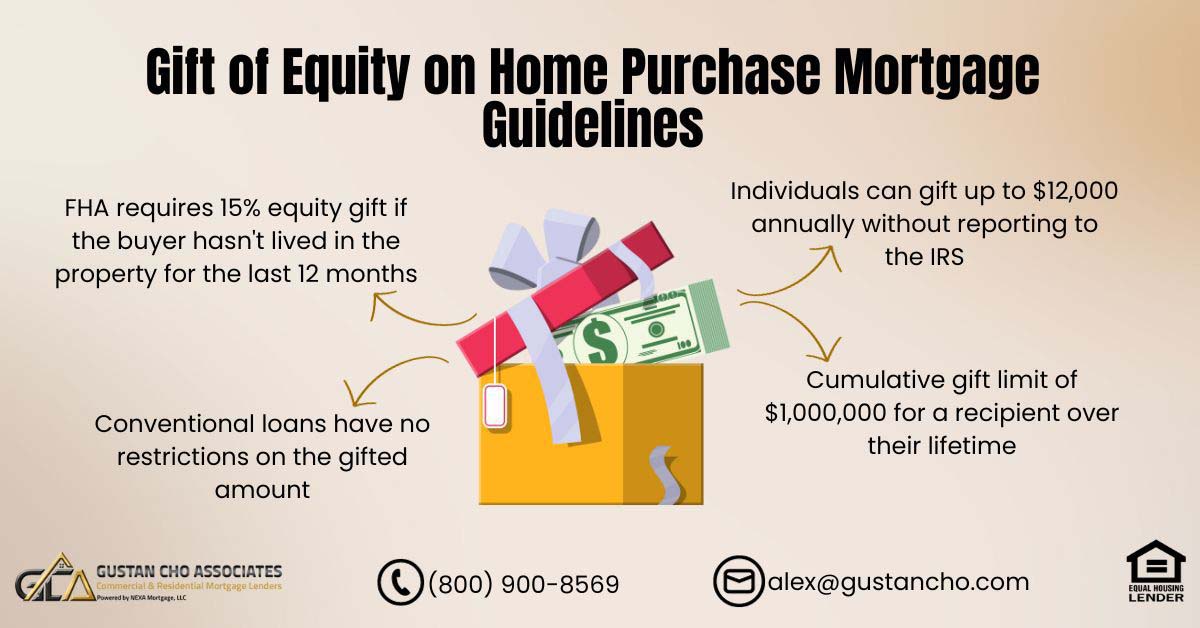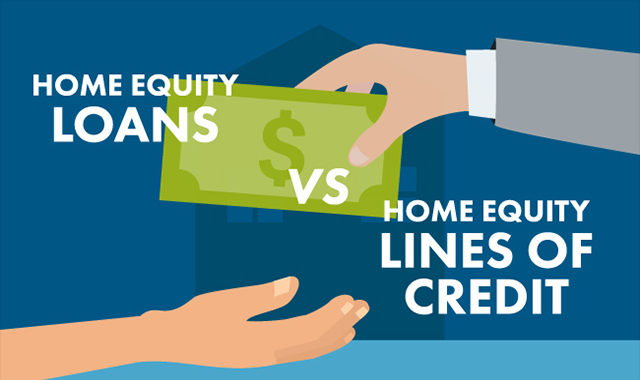Breaking Down Charges and Rates on Equity Release Mortgages
Breaking Down Charges and Rates on Equity Release Mortgages
Blog Article
Discovering the Different Sorts Of Equity Release Mortgages Available Today
Equity Release home mortgages existing different choices for house owners aged 55 and over. equity release mortgages. These financial items deal with different needs and choices, permitting people to access funds from their home. From life time home loans to common appreciation home mortgages, each kind offers unique advantages. Recognizing these choices is important for making informed decisions. What aspects should one think about when choosing the most suitable equity Release plan? The details that adhere to may shed light on this vital topic
Understanding Equity Release Mortgages
Equity Release mortgages give house owners, usually those aged 55 and over, with a method to access the value locked up in their property without needing to market it. This economic choice allows individuals to convert a portion of their home equity right into money, which can be utilized for numerous functions, such as home renovations, repaying financial debts, or financing retirement.Equity Release can take different types, yet it fundamentally entails loaning against the worth of the home while keeping ownership. Property owners can select to receive a round figure or a series of smaller repayments, depending on their financial needs and preferences.Additionally, the amount readily available for Release is influenced by the home's value, the house owner's age, and specific loan provider requirements. Overall, recognizing equity Release home loans is important for home owners to make educated choices regarding touching right into their home's equity while considering the lasting ramifications.
Life time Mortgages
Life time mortgages represent one of the most preferred forms of equity Release. This financial item enables house owners, normally aged 55 or older, to obtain against the value of their home while retaining possession. The lending, which is protected versus the home, accumulates rate of interest in time but does not require regular monthly repayments. Rather, the lending and built up rate of interest are paid off when the home owner passes away or relocates right into long-term care.Lifetime home loans offer versatility, as consumers can choose to obtain a swelling amount or go with a drawdown facility, accessing funds as required. Notably, lots of strategies included a no-negative-equity guarantee, guaranteeing that borrowers will certainly never owe greater than the value of their home. This feature provides assurance, allowing people to enjoy their retirement without the anxiety of depleting their estate. Generally, lifetime home mortgages serve as a viable alternative for those looking for financial backing in later life.
Home Reversion Program

Drawdown Life Time Mortgages
While numerous homeowners look for means to access their riches, drawdown life time mortgages provide a versatile choice that allows individuals to Release funds gradually. This kind of equity Release mortgage allows property owners to borrow against the value of their residential property while keeping ownership. Unlike traditional life time home mortgages, drawdown strategies permit consumers to access a portion of their equity upfront and take out extra funds as required, as much as a predetermined limit.This feature can be specifically beneficial for those that want to handle their funds thoroughly, as it decreases rate of interest buildup by only billing rate of interest on the quantities drawn. In addition, drawdown life time mortgages often include a "no adverse equity assurance," ensuring that customers will never ever owe greater than their home's value. This alternative matches retirees that desire financial security and adaptability, permitting them to meet unanticipated costs or keep their lifestyle without having to sell their home.
Boosted Lifetime Mortgages
Improved Lifetime Home mortgages provide distinct advantages for eligible home owners seeking to Release equity from their buildings. Understanding the qualification standards is vital, as it establishes who can take advantage of these specialized fundings. However, it is additionally important to examine the potential downsides connected with improved alternatives, guaranteeing a well-rounded viewpoint on their usage.
Qualification Requirements Discussed
Comprehending the qualification criteria for Enhanced Lifetime Mortgages is vital for prospective applicants looking for to access the equity in their homes. Typically, applicants have to be aged 55 or older, as this age requirement is conventional in the equity Release market. Property owners need to have a property valued at a minimal threshold, which can vary by loan provider. Significantly, the building needs to be their key house content and in excellent condition. Lenders commonly analyze the house owner's health status, as particular health and wellness conditions might enhance eligibility and advantages. In addition, applicants ought to not have existing substantial financial obligations protected against the home. Satisfying these requirements permits people to check out Boosted Life time Home mortgages as a feasible choice for accessing funds bound in their homes.
Advantages of Improved Mortgages
After clearing up the qualification requirements, it ends up being apparent that Improved Lifetime Mortgages supply several considerable advantages for homeowners wanting to utilize their home equity. Primarily, they provide access to a bigger financing quantity contrasted to basic lifetime mortgages, profiting those with health conditions or age-related aspects that boost their life expectancy risk. This boosted borrowing ability permits homeowners to satisfy different financial needs, such as home renovations or retired life expenditures. Additionally, these mortgages generally come with adaptable repayment options, making it possible for debtors to handle their funds better. The no-negative-equity warranty even more ensures that home owners will certainly never owe greater than their residential or commercial property's value, giving assurance. On The Whole, Improved Lifetime Home mortgages provide a compelling option for eligible house owners seeking monetary remedies.
Prospective Downsides Thought About
While Boosted Lifetime Home loans provide many benefits, possible drawbacks require careful factor to consider. One considerable issue is the impact on inheritance; the equity launched lowers the worth of the estate entrusted to beneficiaries. Additionally, these home mortgages can accrue substantial rate of interest over time, resulting in a significant financial obligation that may exceed the initial financing amount. There might also be limitations on residential or commercial property alterations or rental, limiting homeowners' adaptability. Improved products typically need particular health conditions, suggesting not all house owners will certainly certify. Lastly, handling the costs and costs connected with these home loans can be intricate, potentially resulting in unanticipated costs. As a result, people ought to extensively examine their scenario and seek advice from economic advisors prior to continuing.
Shared Admiration Mortgages
Shared Admiration Home loans represent a distinct financial plan that permits home owners to gain access to equity while sharing future building value increases with the lending institution. This method provides potential advantages such as decreased regular monthly repayments, yet it likewise includes downsides that have to be very carefully thought about. Recognizing the qualification requirements is important for those interested in this option.
Idea Overview
Equity Release home mortgages, particularly in the type of common appreciation mortgages, offer property owners an one-of-a-kind financial service that enables them to access funds by leveraging the worth of their residential property. In this plan, a lender gives a lending to the homeowner, which is commonly paid back via a share of the residential or commercial property's future recognition in worth. This means that when the home owner sells the building or dies, the lending institution gets a percent of the raised worth, as opposed to just the preliminary finance quantity. Shared admiration home loans can be appealing for those aiming to supplement their earnings or financing considerable costs while keeping possession of their home. The financial effects of shared gratitude need to be very carefully considered by prospective borrowers.
Downsides and advantages
Shared gratitude home mortgages can supply substantial economic benefits, they likewise come with noteworthy disadvantages that possible borrowers need to think about. These home loans allow house owners to gain access to equity in their buildings while sharing a part of any kind of future recognition with the lending institution. This setup can be helpful throughout times of climbing home worths, supplying substantial funds without monthly payments. The main downside is the possible loss of equity; homeowners might end up with appreciably minimized inheritance for successors. Furthermore, the complexity of the terms can lead to misconceptions pertaining to repayment commitments and the percentage of recognition owed. It is important for customers to evaluate these variables thoroughly before dedicating to a common appreciation home mortgage.

Eligibility Demands
What requirements must home owners meet to get a common gratitude mortgage? Primarily, prospects must go to least 55 years of ages, guaranteeing they are within the target group for equity Release products. Additionally, the home should be their main home and normally valued above a defined minimum limit, typically around ? 100,000. Lenders additionally examine the homeowner's monetary situations, try this including income and arrearages, to determine they can take care of the mortgage responsibly. Significantly, the home should be in excellent problem and devoid of substantial legal encumbrances. Property owners ought to also have a clear understanding of the terms, consisting of exactly how recognition will be shown to the lending institution upon sale or transfer of the building, as this impacts general returns.
Selecting the Right Equity Release Choice

Frequently Asked Inquiries
What Age Do I Required to Be for Equity Release?
The age requirement for equity Release usually begins at 55 for a lot of plans. Some suppliers might supply options for those aged 60 and above, reflecting varying terms based on specific situations and loan provider policies.
Will Equity Release Impact My Inheritance?
Equity Release can influence inheritance, as the quantity borrowed plus interest decreases the estate's worth. Successors might receive much less than anticipated, depending on the residential or commercial property's gratitude and the total financial debt at the time of passing.
Can I Relocate House With Equity Release?
The inquiry of relocating residence with equity Release emerges often. Generally, people can transfer their equity Release plan to a new residential property, but certain conditions may use, calling for examination with the lending institution for assistance.
Exist Costs Connected With Equity Release Mortgages?
Costs connected with equity Release home loans can consist of plan fees, assessment costs, and legal costs. In addition, there might be early payment fees, which can affect the total cost and financial effects for the debtor.
Just How Does Equity Release Influence My Tax Scenario?
Equity Release can impact one's tax obligation circumstance by potentially raising taxed earnings, as released funds are considered funding. However, it usually does not sustain immediate tax obligations, making it necessary to consult a monetary consultant for personalized assistance.
Final thought
In recap, the variety of equity Release mortgages available today uses house owners aged 55 and over numerous paths to access their home's value - equity release mortgages. Whether choosing a lifetime home loan, home reversion plan, or various other options, each choice presents distinct advantages customized to private economic needs. Mindful factor to consider and appointment with a financial expert are important to guarantee the selected equity Release service straightens with personal objectives and financial conditions, inevitably helping with notified decision-making for a safe financial future. Equity Release mortgages present numerous alternatives for home owners aged 55 and over. Equity Release home mortgages supply homeowners, generally those aged 55 and over, with a means to access the value linked up in their building without needing to sell it. Improved Lifetime Mortgages use distinctive benefits for eligible home owners seeking to Release equity from their residential or commercial properties. Equity Release mortgages, particularly in the kind of common appreciation mortgages, supply house owners an unique economic solution that enables them to gain access to funds by leveraging the worth of their home. In recap, the selection of equity Release home mortgages readily available today uses home owners aged 55 and over numerous pathways to access their residential or commercial property's value
Report this page